Did you know that nearly 92% of adults in the United States between ages 20 and 64 have experienced at least one cavity in their lifetime? Cavities remain one of the most common health issues worldwide, yet they are also highly preventable. Imagine saving yourself from painful dental visits, costly fillings, and the stress of tooth decay—simply by making small changes in your daily routine.
In this article, we’ll explore natural ways to keep your teeth strong, resilient, and cavity-free. You’ll learn practical habits backed by science and tradition, discover how diet impacts your oral health, and uncover tips that go beyond brushing and flossing. Whether you’re a busy professional, a parent looking after your kids’ smiles, or someone who simply wants to avoid another dental bill, this guide will give you the tools to take charge of your oral health naturally.
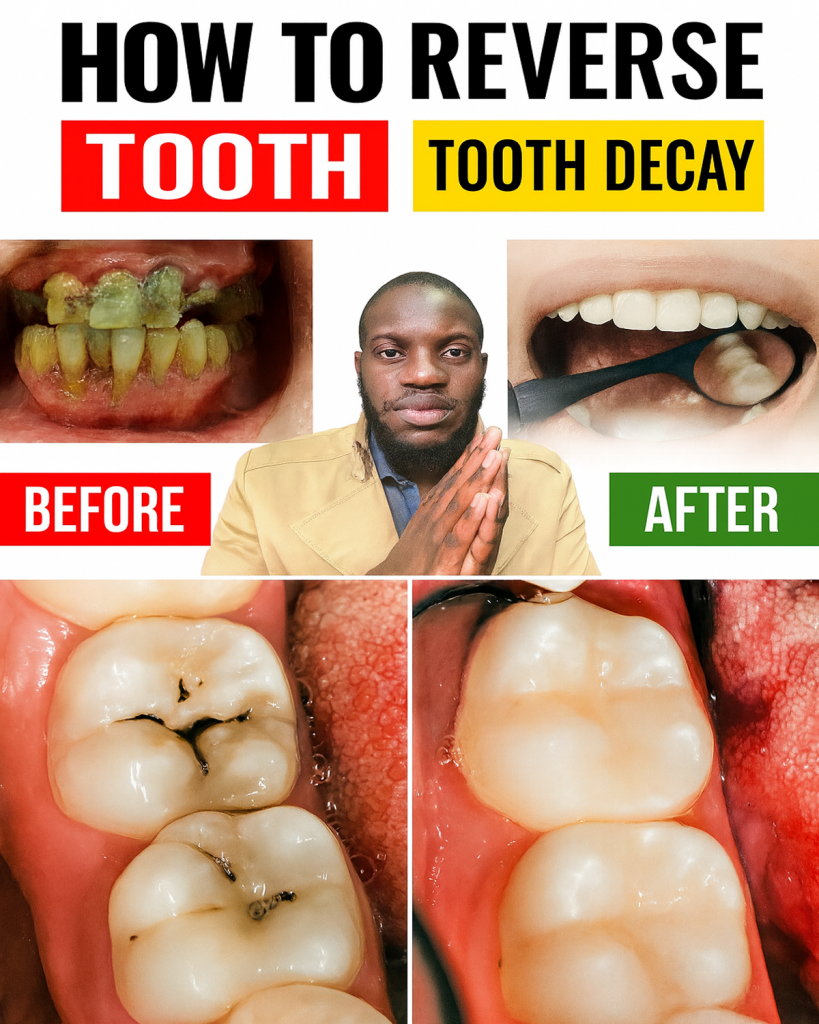
Why Cavities Happen in the First Place
Cavities, also known as dental caries, occur when bacteria in your mouth produce acids that erode tooth enamel. Left untreated, they can reach deeper layers of the tooth, causing pain, infection, or even tooth loss.
Several factors contribute to cavity formation:
- Sugary foods and drinks: Sugar feeds harmful bacteria, which release acids.
- Poor oral hygiene: Infrequent brushing and flossing allow plaque to harden into tartar.
- Low saliva flow: Saliva helps wash away bacteria and neutralize acids.
- Weakened enamel: Diet, genetics, and lifestyle choices can make enamel more vulnerable.
The good news? Cavities are preventable. By understanding these causes, you can adopt natural strategies to build stronger teeth and maintain a healthier smile.
1. Rethink Your Diet: What You Eat Shapes Your Smile
Your diet plays a direct role in the strength of your teeth. What you put on your plate can either help prevent cavities or accelerate tooth decay.

Foods That Strengthen Teeth
- Calcium-rich foods: Milk, yogurt, cheese, and almonds help remineralize enamel.
- Vitamin D sources: Salmon, egg yolks, and mushrooms improve calcium absorption.
- Crunchy vegetables: Carrots, celery, and apples naturally clean teeth and stimulate saliva.
- Green tea: Contains natural compounds that reduce bacteria and freshen breath.
Foods to Limit
- Sugary beverages like soda and fruit juices.
- Sticky sweets such as caramel or dried fruit.
- Processed carbohydrates that break down into sugar.
Quick Tip
Pair sweet foods with water or fibrous fruits like apples. This reduces acid buildup and lowers cavity risk.
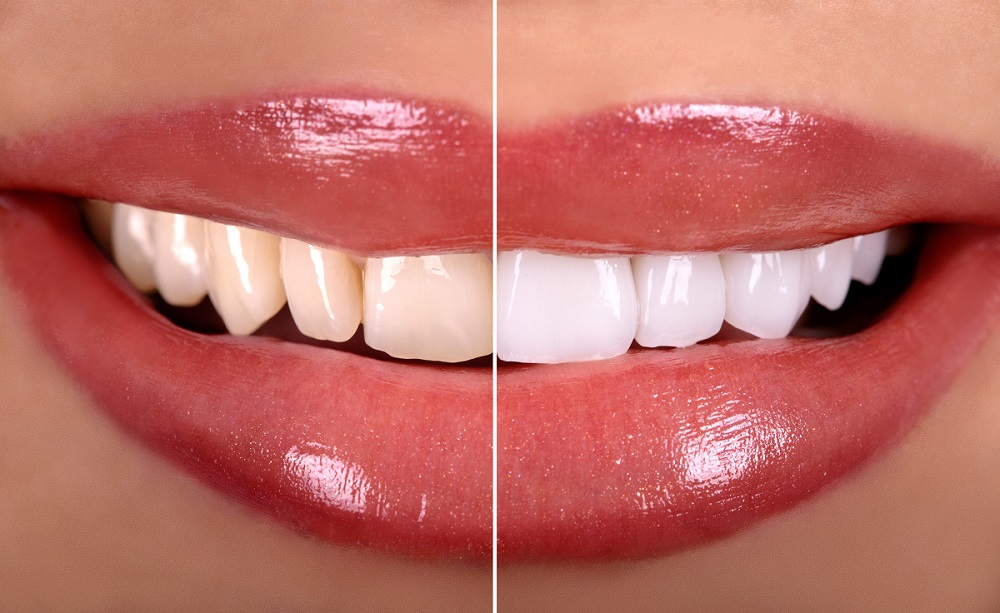
| Tooth-Friendly Nutrient | Examples | How It Helps |
|---|---|---|
| Calcium | Cheese, almonds, broccoli | Strengthens enamel |
| Vitamin D | Salmon, fortified milk | Aids calcium absorption |
| Phosphorus | Eggs, fish, nuts | Repairs damaged enamel |
| Fiber | Carrots, apples | Stimulates saliva production |
2. Embrace Oil Pulling: A Time-Tested Remedy
Oil pulling, an ancient Ayurvedic practice, involves swishing a tablespoon of oil in your mouth for 10–15 minutes before spitting it out. Traditionally done with sesame oil, many people today use coconut oil due to its pleasant taste and antibacterial properties.
Potential Benefits
- Reduces harmful bacteria that cause plaque and bad breath.
- Moisturizes gums and supports oral tissue health.
- May reduce inflammation and promote a cleaner mouth environment.
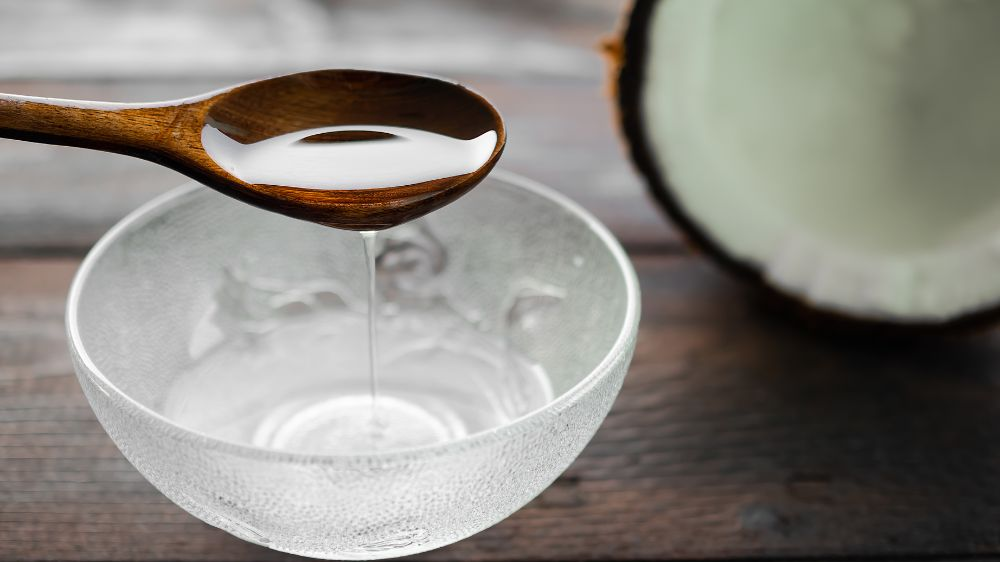
How to Do It
- Take 1 tablespoon of organic coconut oil.
- Swish it gently around your mouth for 10–15 minutes.
- Spit into a trash can (not the sink, as oil can clog drains).
- Rinse with warm water and brush your teeth.
Incorporating this ritual a few times a week can enhance your oral hygiene routine naturally.
3. Strengthen Enamel Naturally
Your enamel is the hardest substance in your body, but it’s not indestructible. Acidic foods, grinding, and even improper brushing techniques can wear it down. Once enamel erodes, it doesn’t grow back—but you can strengthen and protect what remains.
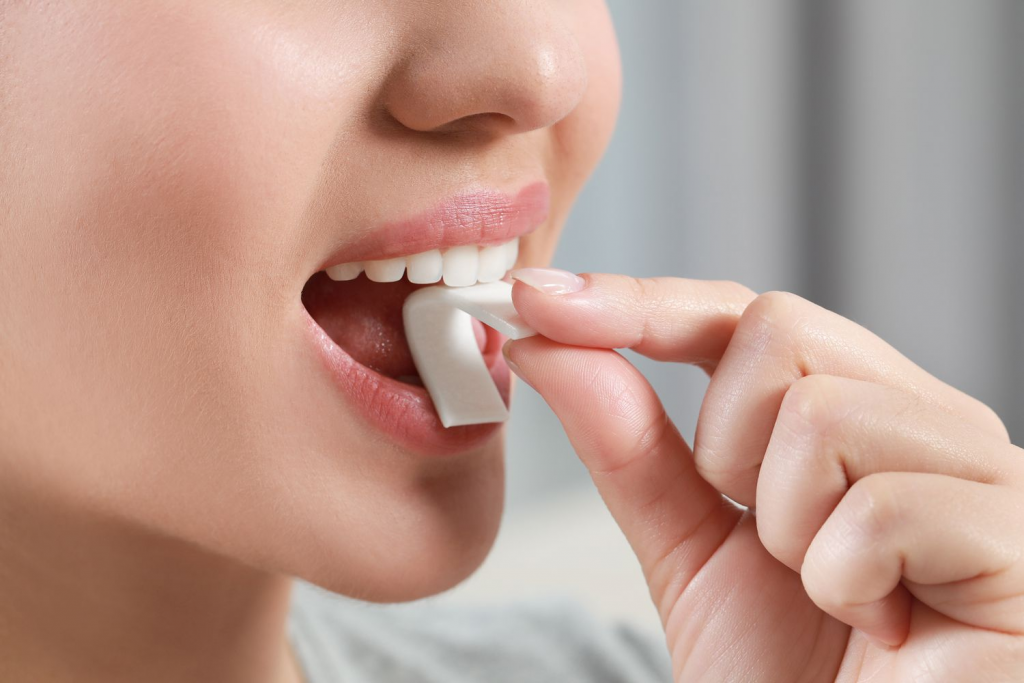
Smart Strategies
- Remineralizing toothpaste: Choose fluoride-free options with hydroxyapatite or xylitol.
- Chew sugar-free gum: Helps boost saliva, which remineralizes enamel.
- Avoid overbrushing: Use a soft-bristled brush and gentle circular motions.
- Rinse after acidic foods: Wait 30 minutes before brushing to avoid enamel erosion.
These small habits preserve enamel, making your teeth more resistant to cavities over time.
4. Prioritize Oral Hygiene with Natural Boosters
Brushing and flossing are non-negotiable, but natural tools can amplify their effectiveness.
Natural Boosters to Try
- Herbal mouthwashes: Infusions with clove, tea tree oil, or peppermint help fight bacteria.
- Aloe vera gel: Mild antimicrobial properties support gum health.
- Baking soda rinse: Balances mouth acidity and whitens teeth naturally.
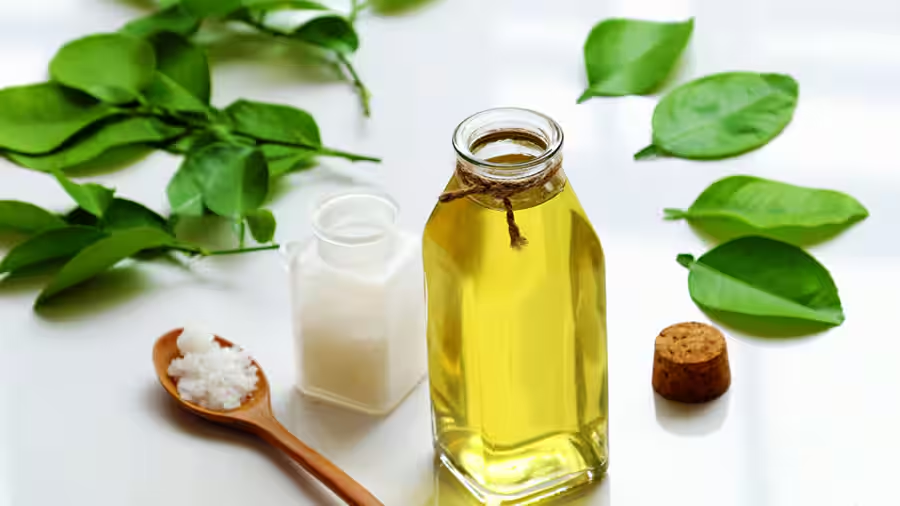
Daily Routine Example
- Morning: Brush with fluoride-free toothpaste and rinse with green tea.
- Afternoon: Chew sugar-free gum after meals.
- Evening: Brush, floss, and use an herbal mouthwash.
This consistent care reduces plaque, fights bacteria, and keeps your smile fresh.
5. Strengthen Your Body for Stronger Teeth
Your mouth doesn’t exist in isolation. A healthy body creates a healthier mouth. By improving overall wellness, you’re indirectly strengthening your teeth.
Holistic Tips
- Stay hydrated: Water keeps saliva flowing, which protects enamel.
- Get enough sleep: Sleep deprivation weakens immunity and gum health.
- Reduce stress: Stress can lead to teeth grinding and gum issues.
- Exercise regularly: Boosts circulation and nutrient delivery to oral tissues.
Think of oral health as part of a bigger picture—your lifestyle choices impact your teeth just as much as your toothbrush.

6. When to Seek Professional Help
Natural methods are powerful, but they’re not a replacement for professional care. Regular dental checkups remain essential.
Signs You Should Visit a Dentist
- Persistent tooth sensitivity.
- Visible dark spots or holes in teeth.
- Gum swelling or bleeding.
- Chronic bad breath despite good hygiene.
A balanced approach—using natural methods daily while visiting your dentist regularly—gives you the best defense against cavities.
Conclusion
Common Questions, Quick Answers
Can I reverse cavities naturally?
Early enamel demineralization can sometimes be stopped or reversed with better diet and hygiene, but advanced cavities require professional treatment.
Is oil pulling enough to replace brushing?
No. Oil pulling can complement brushing but should never replace it.
What’s the simplest daily habit for stronger teeth?
Drink more water, reduce sugar, and brush twice daily with proper technique.
Do natural remedies really work?
They help create an environment where your teeth can thrive, but regular dental visits remain essential.
Taking care of your teeth doesn’t have to be complicated. With small daily habits—choosing the right foods, using natural remedies, and supporting your body—you can protect your smile for years to come. Remember, this article is for educational purposes only and does not replace professional dental advice.




